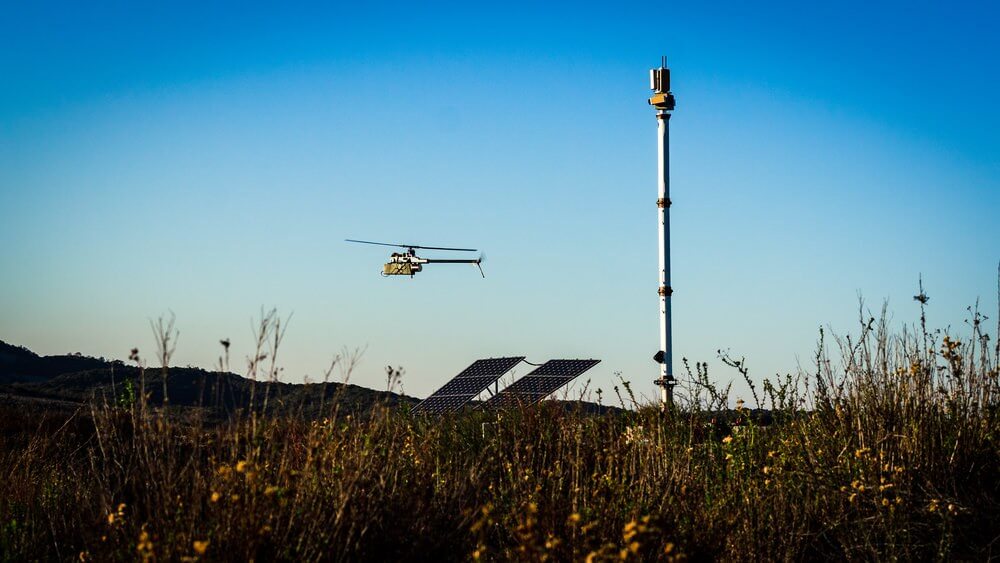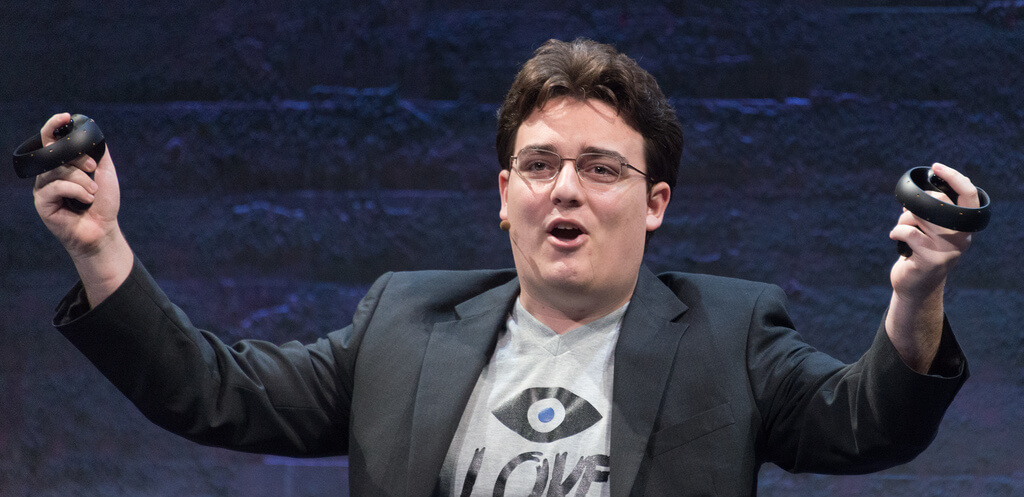In brief: Palmer Luckey, the founder of virtual reality platform Oculus VR, appears to be doing well in his latest venture: building virtual walls for monitoring border crossings. His company, Anduril Industries, is reportedly being valued at $1 billion in a new fundraising round.
Luckey struck it big in 2014 after Facebook paid $2 billion for Oculus VR. But things turned sour in March 2017 when, after admitting that he helped fund a pro-Trump organization called Nimble America responsible for spreading anti-Clinton memes on the Internet, he was fired from the social network.
A few months later, news surfaced that Luckey was back with a new company. Anduril uses the same lidar tech found in self-driving cars, along with cameras and infrared sensors, combined with AI to track movement around perimeters of military bases and stadiums. It also monitors for any illegal activity around borders.

According to CNBC, a new fundraising round has seen Anduril valued at $1 billion. One of the biggest contributors is venture capital firm Andreessen Horowitz, according to the publication's anonymous sources.
Many Silicon Valley firms have found taking military contracts to be more trouble than they're worth. Google's Project Maven, a pentagon contract that involved using AI to trawl through drone footage, resulted in an open letter of protest signed by 3,100 employees sent to CEO Sundar Pichai. Microsoft boss Satya Nadella, meanwhile, also received an open letter from employees, this one protesting the company's work with US Immigration and Customs Enforcement (ICE), and its HoloLens contract with the US army hasn't been welcomed by workers, either.
Luckey is a firm believer that tech firms should be free to work for the military without interference, as displayed by Anduril's description of itself: a company that "invents and builds technology to secure America and its interests."
